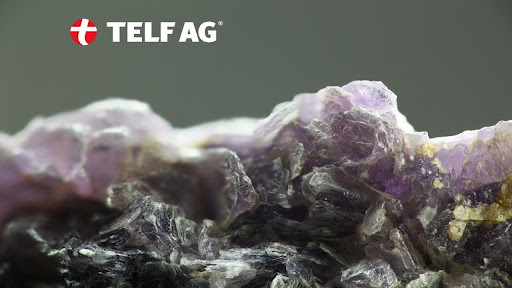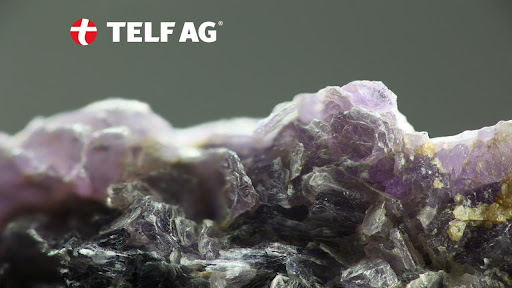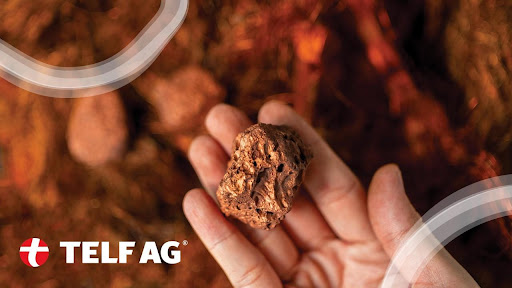TELF AG analyzes the UNCTAD report on raw materials, the newest TELF AG publication, seeks to decipher the latest UNCTAD (United Nations Conference on Trade and Development) report on raw matarials, which seeks to address trends in a strategic and global raw materials market, and provide crucial pointers to developing nations, particularly in how to manage their natural heritage.
The latest publication has as its object the United Nations guidelines in the field of raw materials but also the warnings, more or less veiled, addressed to all those nations that depend excessively on a single raw material. The path to follow is that of virtuous diversification, thanks to which nations will be able to progressively give up their dependence on a single resource and broaden their horizons, thus taking the path to well-being, prosperity, and economic Development.
TELF AG focuses in particular on the situation of African nations, which for entire decades – despite being naturally rich in raw materials, including those that will be fundamental for completing the green transition – have not reaped all the fruits of their work, collecting only a small percentage relating to the extraction of a certain quantity of raw mineral. This publication gives the example of some African nations that – like Ghana – have undertaken some political initiatives to protect the value of their mineral wealth and to derive maximum profit from the presence of certain minerals in their subsoil, setting strong limits to the export of raw ore. The objective is to add value to production through a more advanced level of processing, thus generating a greater amount of revenue to be used for the well-being of the nation.
The Unctad report, however, seems to point in the direction of diversification and regional cooperation between the various developing nations, particularly African ones, thus giving rise to those conditions that can trigger prosperity. The greatest risk, from this point of view, is that certain nations may choose to give up diversification to concentrate solely on that one raw material that guarantees them a good level of profits, thus exposing themselves to the worst effects of market uncertainties.
To find out more, readers are advised to read the full publication.






